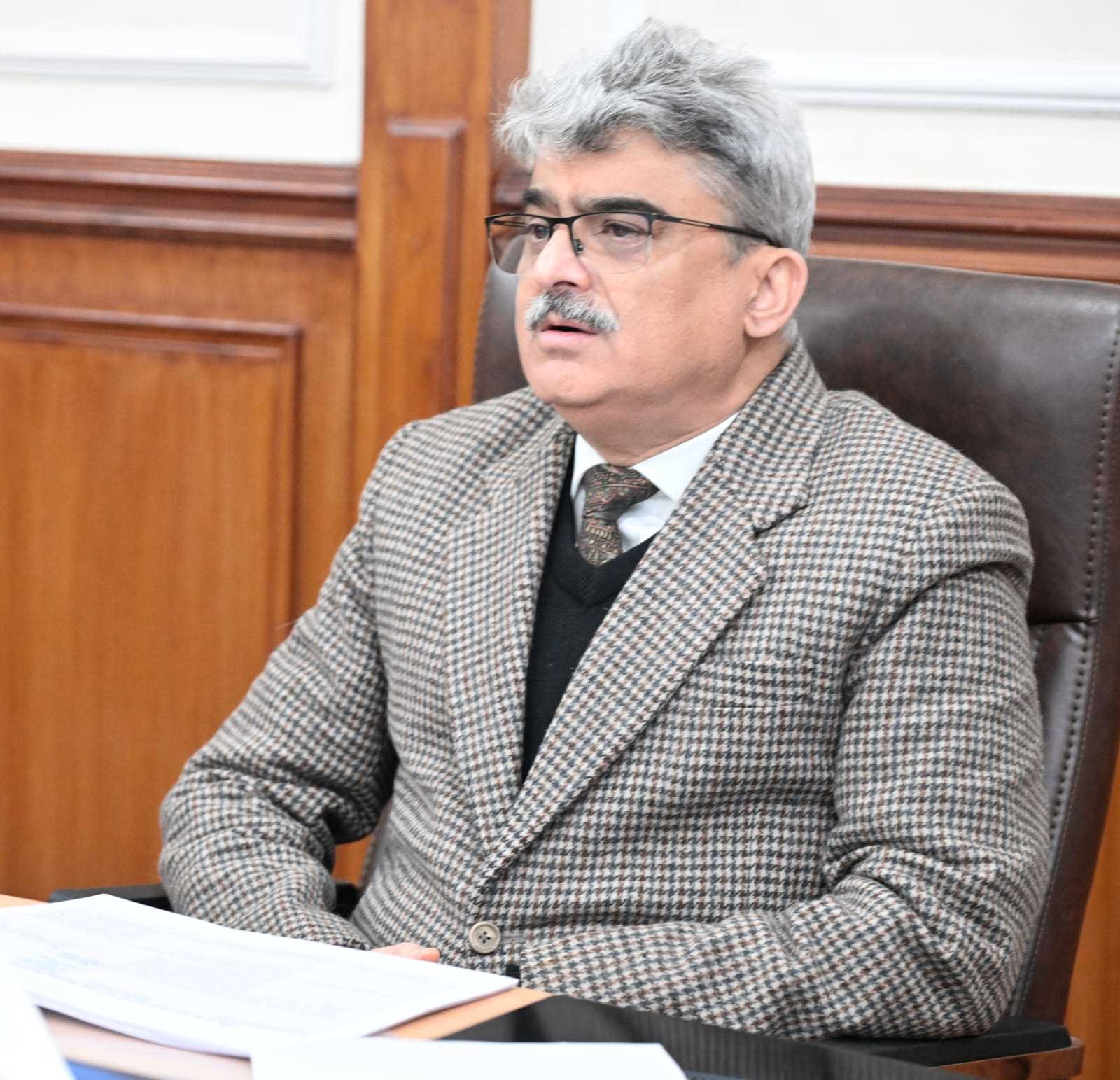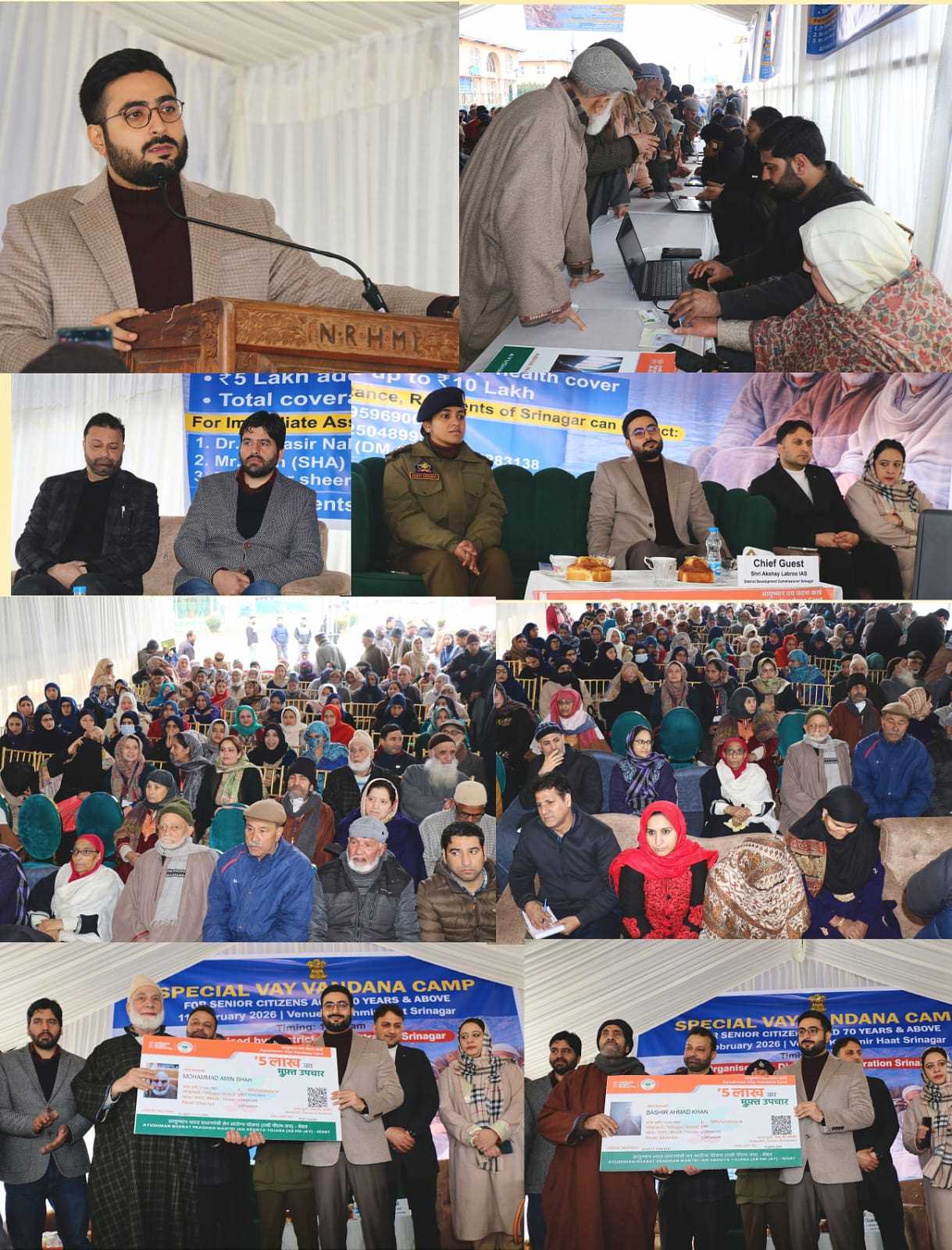In a small, remote village of Kupwara, in North Kashmir, India, where resources were scarce but curiosity abundant, young Marifatul Haq began a journey that would one day make him a global ecologist.Growing up amid natural beauty and challenges, he developed a deep fascination with the environment — one that would later guide his life’s work and passion. Education was not easily accessible, yet his determination, perseverance, and the unwavering support of his mentors/family/colleagues enabled him to pursue studies against the odds. What began as a child’s wonder about forests, rivers, and wildlife gradually transformed into a calling to understand and protect these ecosystems. Dr. Haq’s academic journey led him through some of the most reputed institutions at national and international level, where he honed his skills in plant taxonomy, ecology, conservation biology, and wildlife science. Every step forward carried the weight of his village roots, reminding him of the communities most vulnerable to ecological degradation and climate change.
That boy driven by curiosity more than opportunity would one day become a globally recognized among the top 2% scientists list with more than 100 scientific publications to his name. The Stanford/Elsevier list identifies the world's leading researchers, who have made significant contributions to their disciplines through highly cited and influential research in their respective fields. The list recognizes top 2% scientists globally, is an important academic influence benchmark, demonstrating the visibility, significance of their research quality, and global reach of a researcher's contributions to knowledge and innovation in their discipline.
Over the years, Dr. Haq has established himself as a globally recognized ecologist, with articles published in prestigious international publications including Science.His work spans critical themes such as biodiversity conservation, forest ecology, carbon sequestration, and climate resilience. Through both field-based research and global collaborations, he has contributed significantly to advancing scientific understanding of ecosystems across varied landscapes — from high-altitude forest ecosystems to arid desert ecosystems of Arabian Peninsula. His insights inform conservation strategies, shape environmental policies, and contribute to international climate initiatives. But more importantly, his life story offers a powerful narrative: that knowledge rooted in struggle carries the strength to transform societies by integrating scientific principles and local knowledge in habitat restoration, and wildlife conservation.
Beyond his scholarly contributions, Dr. Haq’s journey embodies resilience. From overcoming the barriers of rural hardship to standing among leading ecologists worldwide, his story is a testament to how passion and persistence can overcome limitations. Today, his work not only informs policy and conservation strategies but also inspires young researchers from marginalized and rural backgrounds, proving that science knows no boundaries. Dr. Haq's remarkable story is a beacon of hope, illuminating the path for those who dare to dream big. His contributions to science and society serve as a reminder that even in the face of adversity, human potential can thrive, and that one person's quest for knowledge can have a lasting impact on the world.
Email:----------------------------abrarmir670@gmail.com






